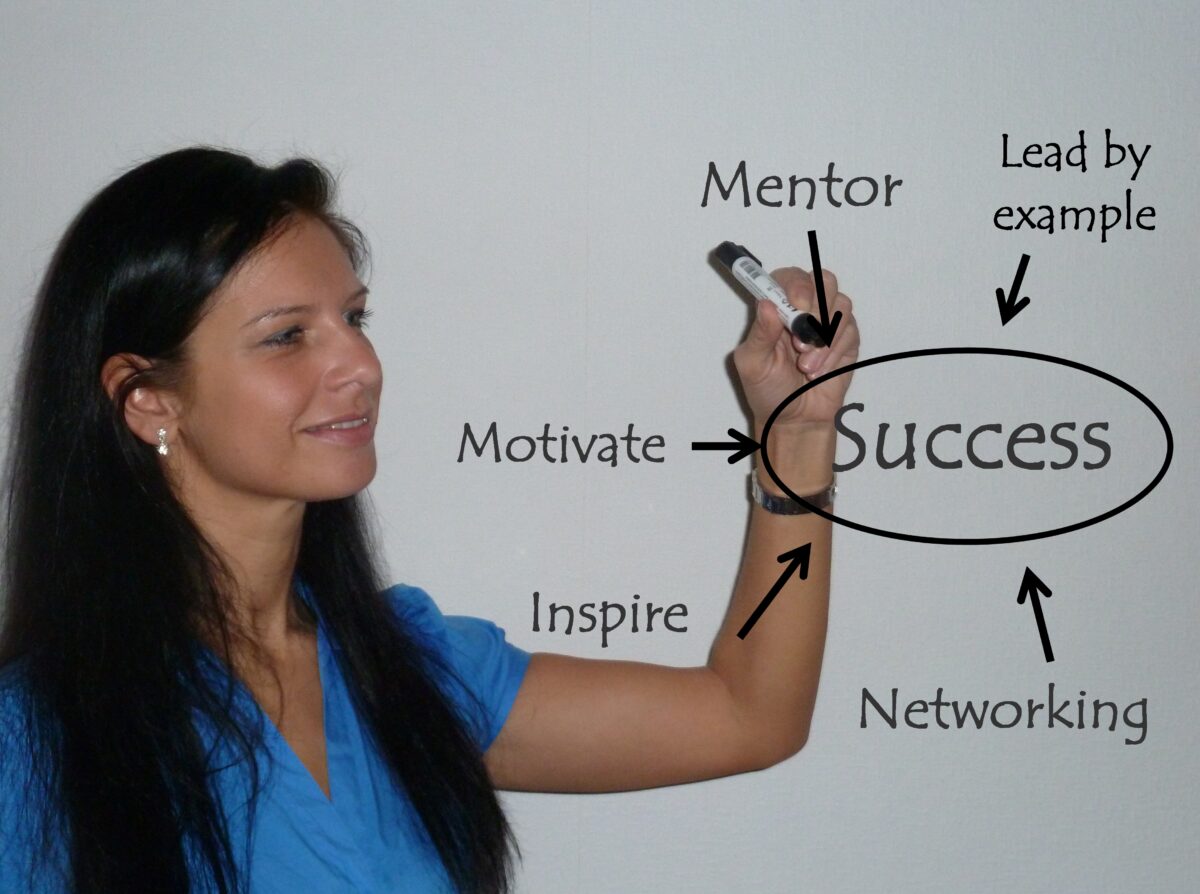
Objectives
[DE]
For women, pursuing a career in academia following conferral of a doctorate constitutes a considerable challenge. Due to the difficult overall professional situation for female researchers, career paths for women are often more complex; in comparison to their male colleagues, it is less common for female Postdocs to receive guidance through informal mentoring when planning their careers.
As a result, women profit less from the transfer of knowledge and experience from established academics on career-related topics and are less integrated in international networks. However, these factors – in addition to obtaining exceptional qualifications – play a decisive role in starting a career in academia.
The mentoring programme seeks to counteract these adverse qualification conditions and provide targeted support to high-performing female Postdocs who actively aspire to a career in academia by
- conveying career-related knowledge,
- developing and pursuing individual sustainable career strategies and competencies and
- integrating these Postdocs in international networks.
Taking part in a mentoring programme opens up a wide variety of new opportunities for all participants, beyond the points noted above.
Opportunities for mentees
- Reinforcement of self-competencies (empowerment)
- Insight into different university structures and disciplines
- Sound personal career decisions on the basis of as comprehensive reflection on academia as a professional career
- Obtaining formal and informal career-related knowledge of structures, processes and ‚rules of the game‘ involved in professional academic operations
- Contemplation of gender-specific factors in academic career paths
- Development of an individual career strategy
- Support in planning specific projects and career steps
- Formation of an academic profile
- Development of career-related knowledge and required key competencies in areas relevant to the academic field
- Integration in the international, subject-specific scientific community
- Inter-institutional (peer) networking
- Development of strategies to reconcile a career in academia with family life and dual-career partnership
Opportunities for mentors
- New impetus, perspectives and feedback from the mentees and through the exchange with other mentors
- Expansion of the mentor’s own professional network of contacts and initiation of new forms of collaboration
- Self-reflection on the mentor’s own experiences, working methods, their own role and career path
- Effective support for young academics
- Demonstrate ability and competence handling issues of equal opportunities and gender equality
- Sound knowledge of the specific situation and the problems faced by young female academics in a specialist discipline
- Contribution to increasing the proportion of women at universities through effective support for young female academics
Opportunities for the universities
- Enhanced quality of support for young academics
- Reinforced quality through strengthened, sustainable integration of the performance and innovation potential of highly-qualified young female academics
- Reinforced organization culture focused on gender equality through enhancement of gender awareness and competencies of programme participants
- Enhanced attractiveness as science locations for female academics through dedication to, and profiling according to, equal opportunities policy
- Long-term increase in the proportion of women in prominent and top level university positions
- Support for organizational development through interdisciplinary and cross-faculty contacts and cooperation in the context of the mentoring programme



